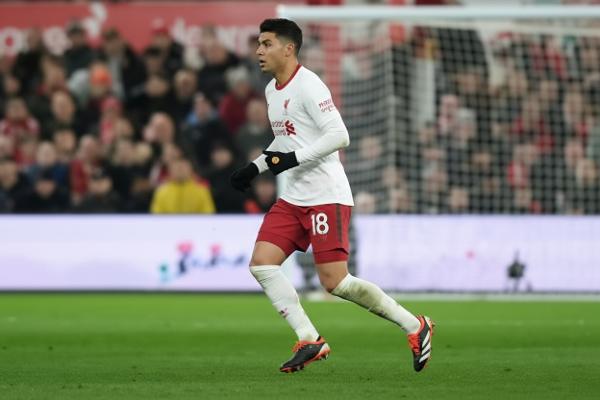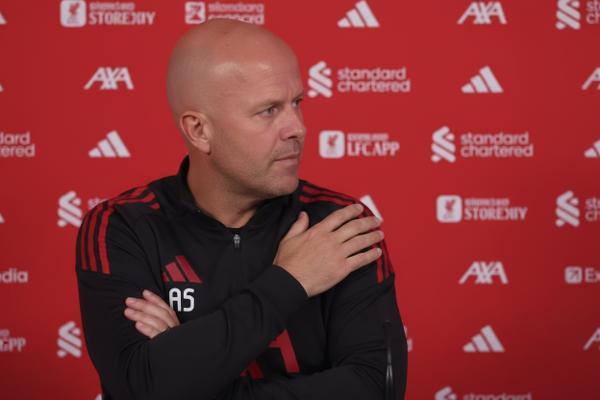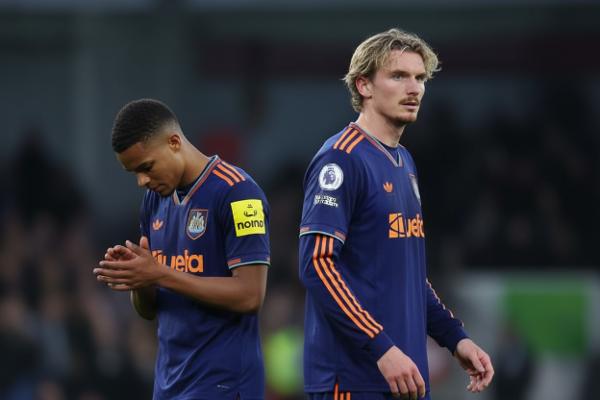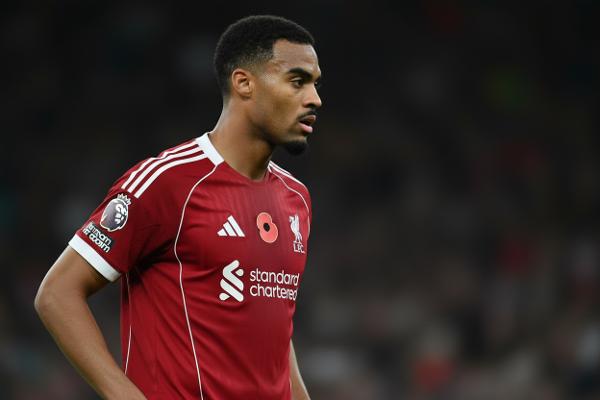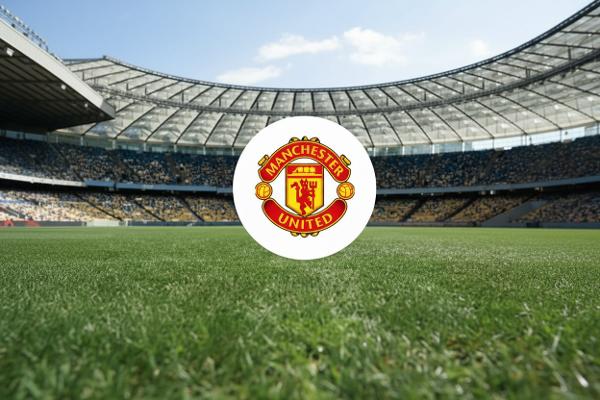The numbers speak for themselves: Manchester United concedes a goal approximately every 31.5 minutes without Casemiro, but with him on the field, that rate improves to just over 110 minutes. The team also scores more goals when Casemiro is present, with 12 Premier League goals in 553 minutes compared to five goals in 347 minutes without him.
Casemiro's age means he may not be able to play every minute, but he has shown his importance to the team. He missed two games due to international duty and was substituted in another game, but his impact is still significant.
A notable example of his impact was the 2-2 draw against Tottenham. Casemiro was taken off with 20 minutes left, and Spurs went on to score twice after his departure.
Casemiro's role has changed since joining Manchester United. He is now focusing on playing narrower, which is a result of the team having more control over games. He has also become more effective at turning defense into attack, with impressive long passing skills.
With Casemiro's contract set to expire at the end of the season, Manchester United will likely look to sign a new midfielder in the future. For now, Casemiro will continue to play a vital role for Amorim, but the team will eventually need to look to the future.
Casemiro's recent performances have been a welcome boost for Manchester United, and his ability to control games and create scoring opportunities has been impressive. However, the team's long-term plans will likely involve looking for a new midfielder to replace him.
Casemiro's stats are as follows: he covers around 10.8km per 90 minutes and makes 5.9 sprints per match. He has also won the ball in the final third four times in his ten Premier League games, a significant improvement from last season.


